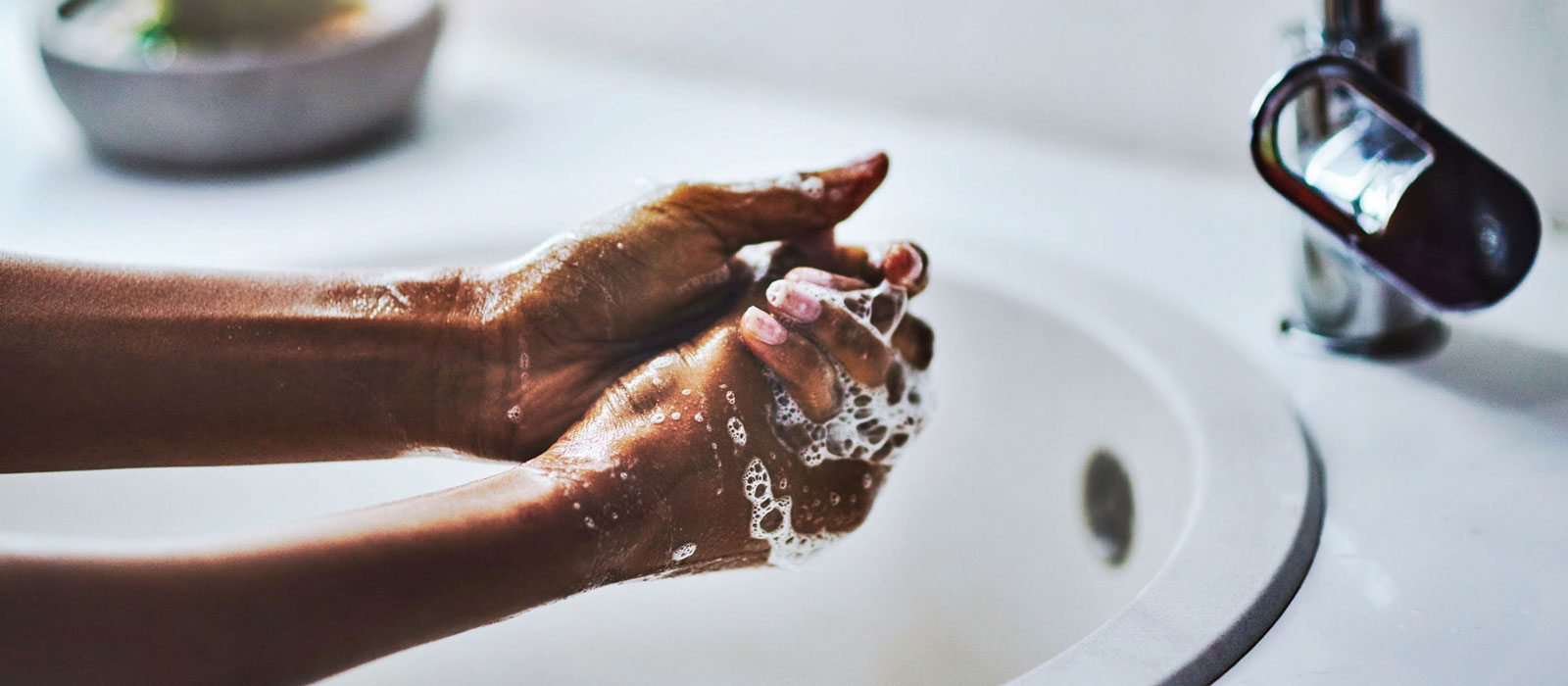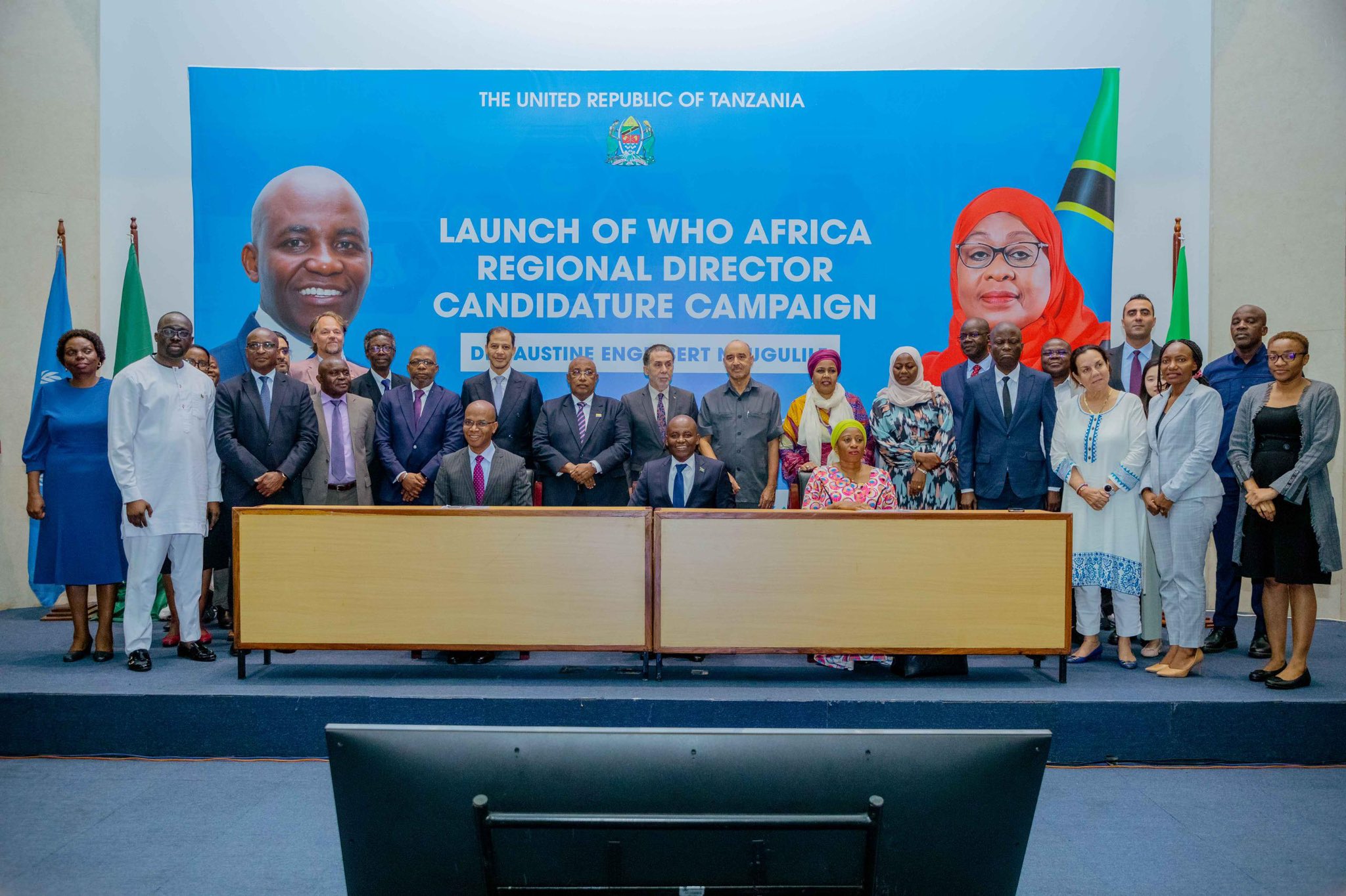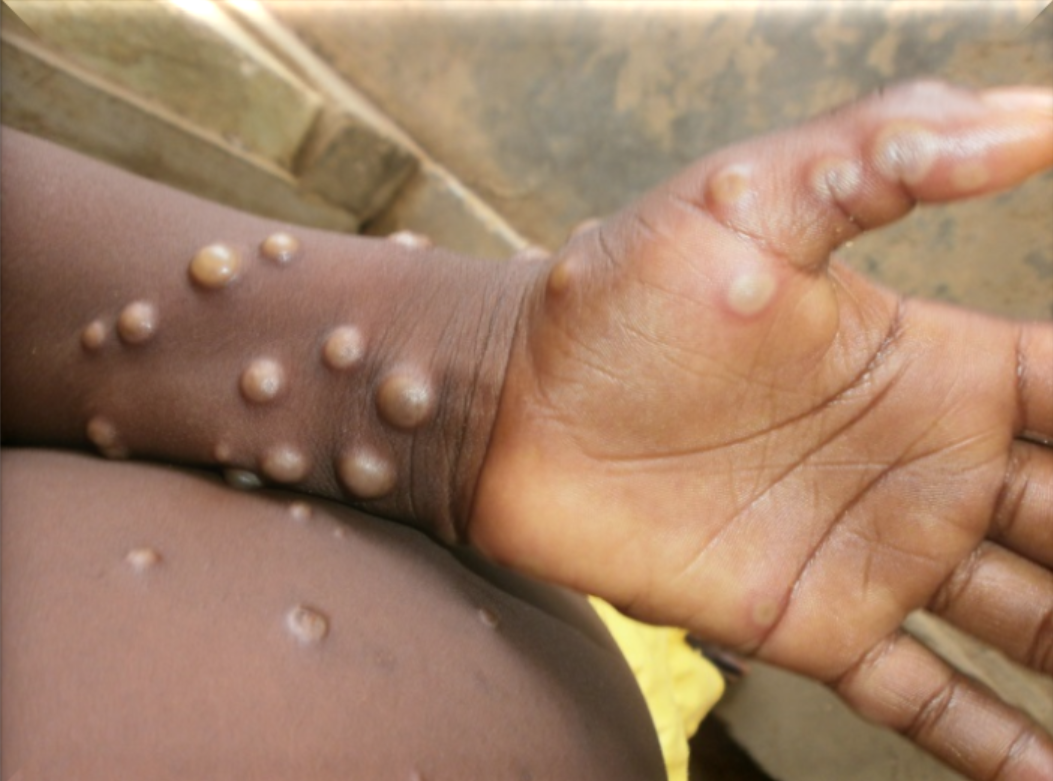Around the world, almost everyone is talking about COVID-19, a pandemic disease caused by the novel coronavirus (SARS-CoV-2); whose outbreak was first reported in Wuhan, China and later spread rapidly across country borders with a large number of confirmed cases, prompting the World Health Organization (WHO) to declare it as a pandemic. At the time of writing this article, there were 19 confirmed patients in Tanzania and one death.
Read: All about the COVID-19 pandemic around the world
While researchers are still studying the virus—its complexities and specific disease pattern, cancer patients and their caregivers in Tanzania and around the world may be fighting a painful battle against an invisible enemy that has come with an additional challenge.
There is yet no evidence firmly explaining whether cancer patients are more prone to COVID-19, however, data generated from studies published from China, Korea and Italy, indicate that older patients with other pre-existing or underlying conditions such as diabetes, and cardiovascular disease face a higher risk of developing severe complications of COVID-19.
What’s concerning more—and which should particularly mean a lot to cancer patients in Tanzania and world over—is the fact that the novel coronavirus attacks a person’s body defense system –the immune system or rather the body’s ability to fight disease.
Whether or not the virus will successfully attack and cause disease in a person, depends on a particular person’s age, gender, nutritional status and the physical strength at that moment.
The immunity of cancer patient is often not as intact as that of the general population because cancer on its own can impair the patient’s immune system. More still, the chemotherapy medicines mostly given to cancer patients may typically lower the immunity depending on several factors. Other forms of treatment, such as surgery as well as some of the novel treatment options, would significantly affect the immunity of the cancer patients.
In most cases, cancer patients tend to have poor nutrition; either due to the nature of the malignancy they are diagnosed with or the kind of treatment they are going through.
Some chemotherapy drugs make patients lose their appetite and at times make them develop diarhoea, culminating into a poor state of nutrition; hence a weakened immunity.
In a poor nutrition state, major immune or body defense mechanisms such as the Natural Killer Cells are affected. For such mechanisms to work well, they depend on a good load of vitamin C and E or minerals like Zinc and others.
In addition, cancer patients, due to their disease state, they are psychologically traumatized. This also reduces their immunity. So there are a myriad of causes of low immunity in a cancer patient which should be of concern to us as oncologists or caregivers during this era of COVID-19 pandemic.
In such circumstances, it’s important that we are fully aware of how the viral pandemic will alter the way we treat cancer patients and of course, other subgroups of patients who have been identified as risk groups, for instance those battling diabetes and heart disease.
Calls for vigilance
The need to protect ourselves from being infected with the novel coronavirus, so that we don’t become a source of infection to our vulnerable patients, cannot be overemphasized.
Secondly, we need to tell our patients that there is a new enemy amongst us and that the most appropriate thing is to adhere to all the warnings provided by experts on the precautionary measures to be taken to avoid being infected.
What can go wrong?
Many things can go wrong if a cancer patient contracts the novel coronavirus. Apart from possibly leading to death, cancer patients with COVID-19 might be ineligible to proceed with their treatment especially if the therapy they are given may make the virus do more harm than good to the patient.
Read: Cancer Mortality Patterns in Tanzania: A Retrospective Hospital-Based Study, 2006-2015
A disrupted treatment process means that it’s difficult for the patient to win the battle against cancer due to the ineffective treatment.
Since the novel coronavirus is new and is still being studied, we aren’t yet exactly sure how it interacts with cancer cells and what that could lead into. In the history of cancer, as told by many theorists and scholars, viruses have been implicated as triggers of a cancer process in body cells. COVID-19 is new and we know less about it, so we need to keep away from it as much as possible.
From the economic point of view, cancer is a very expensive disease to treat. Adding a novel coronavirus infection to it, is likely to add up on the burden of cost for the patients or the-already-stretched health financing mechanisms of the country.
As experts in the field and members of the society, we are duty-bound to show that we care by adopting behaviors that will prevent the virus from spreading further. This requires doing just the basic things: social distancing, hand-washing, wearing of masks for those who are infected and coughing, being honest enough to show up for testing and going into isolation once we discover that we have been exposed to the virus in any way.
Particularly for the cancer patients, the battle continues. No giving up.








